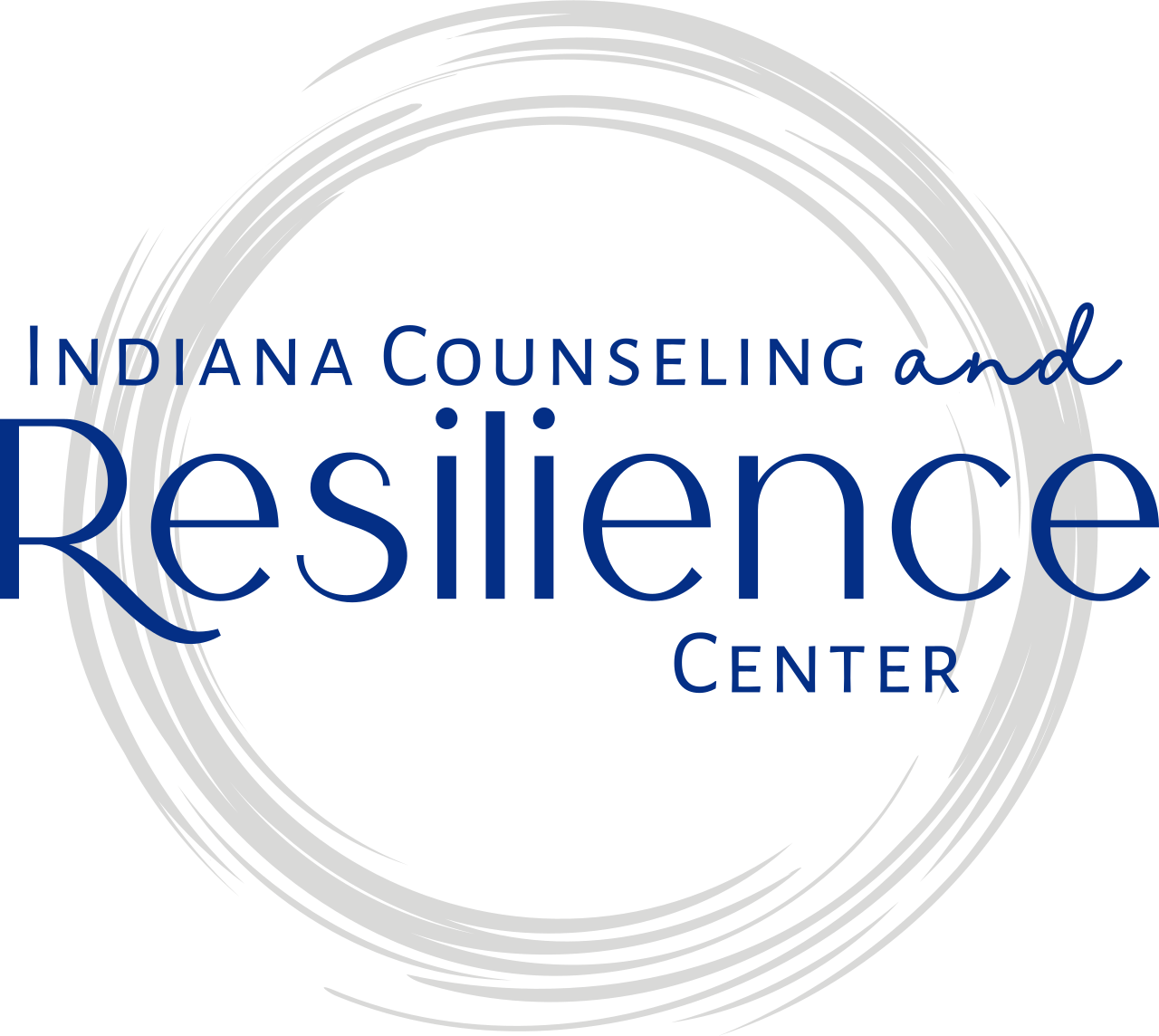Understanding Stress and Coping With It
Stressed? We’ve been there.
We all experience stress on a daily basis, some more than others. So what’s the problem? Daily experiences of stress and its effect has a cumulative effect on you mentally and physiologically. This is called allostatic load.
What is Allostatic Load?
Stress causes a domino effect in your body. A high amount of stressful events leads to an increased allostatic load. This allostatic load increases challenges in your daily life and can lead to long-term health issues.
So what is “allostatic load"? You know the feeling of being unable to make decisions that “should” be simple? Having a hard time listening to someone in a conversation? This is the experience of high allostatic load. When your allostatic load is high, it causes your body to release more stress hormones which can increase your struggle with daily tasks. For example, you may have difficulty concentrating, feel mentally and physically tired/fatigued, and struggle to cope with minor setbacks. We’ve all had the experience of experiencing something small that was “the last straw” before a big emotional reaction - this is an indicator that allostatic load is high.
In addition to how you’re feeling on a day-to-day basis, high allostatic load leads to more serious long-term health complications such as cardiovascular disease, diabetes, cancer and mental health disorders (e.g. depression, anxiety, trauma and stress disorders).
Lowering Your Stress & Allostatic Load
Allostatic load completely depends on the intensity, duration and type of stress you are dealing with as well as how you choose to cope with stress. This is where intentionality (being deliberate and purposeful) plays a big role in reducing this load. Intentionally coping with stress is basing your time, mind and energy on what's most important to you (your values, goals, faith, etc.)
Reducing your allostatic load and stress can also look like:
Setting boundaries with what you say yes to in relationships and at work
Making time in your day for things that bring you joy and peace - it’s great to schedule this as you would any other appointment!
Taking care of your physical health with your favorite types of exercise
Spending quality time with friend and family who respect your boundaries
Setting personal goals and saying ‘no’ to the things that don't align with them
Sharing your load with loved ones, a therapist or mentor.
Chronic stress can be a little and sometimes huge barrier to our life goals and purpose, but it doesn’t have to be! If we are intentional with what we invest ourselves in mentally and physically, that load can be much lighter. And, of course, sharing that load with someone like one of our experienced therapists at Indiana Counseling and Resilience Center! We can help you prioritize and achieve your self-care goals to improve how you feel - mentally and physically.
Ready to Begin Therapy in Indianapolis, IN?
If you find that you need additional support, we’re ready to help you! At Indiana Counseling and Resilience Center, we can work with you to achieve your goals in order to regain fulfillment in your life. We offer our services both in-person and online in the state of Indiana. For more about us check out our FAQs!
We provide therapy for anxiety, trauma, EMDR, couples counseling and many other areas of need. Follow these three simple steps to get started:
Contact us to schedule an appointment for counseling.
Begin meeting with one of our skilled therapists
Start living the life you want!




